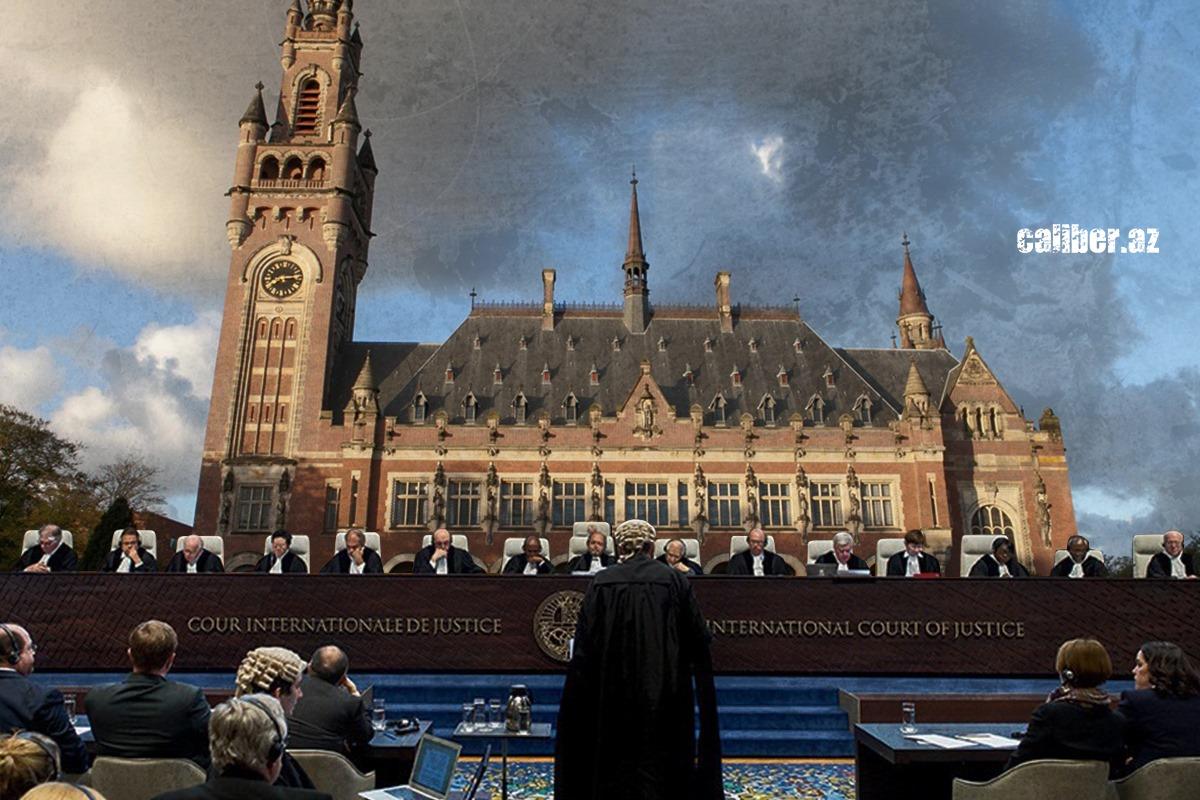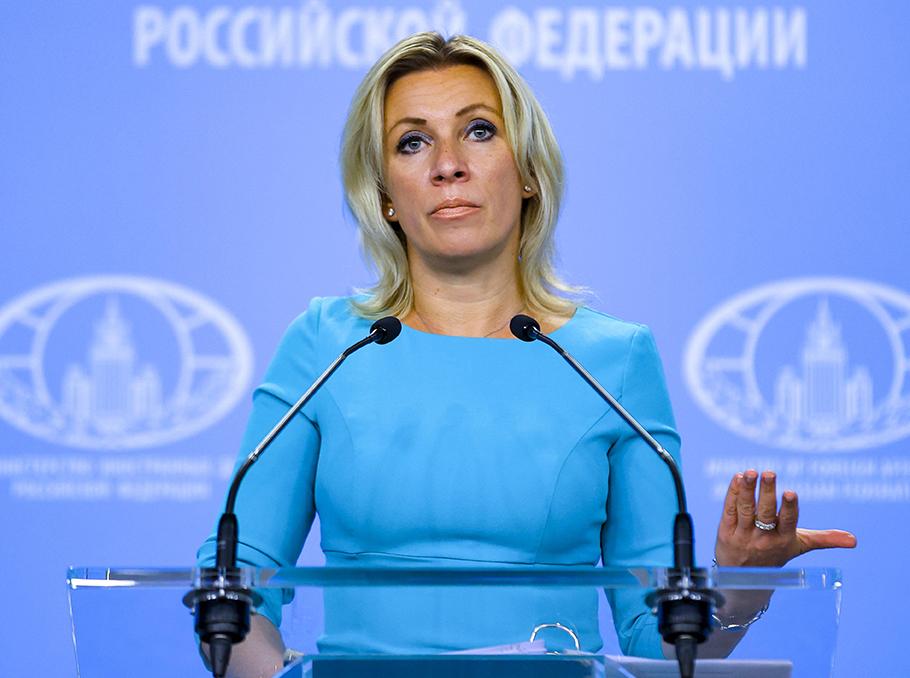Armenia caught in Russia's grip The “carrot and stick” policy in action
Political relations between Russia and Armenia, which have cooled significantly in recent times, are facing a new crisis, triggered by Armenia’s increasingly pro-Western stance. Recently, Armenian Foreign Minister Ararat Mirzoyan, during a meeting with International Criminal Court (ICC) President Tomoko Akane in The Hague, expressed Armenia's readiness to cooperate with the ICC in strengthening international legal norms as part of Armenia’s participation in the Rome Statute. In October 2023, Armenia’s parliament ratified the Rome Statute, which officially came into force for Armenia on February 1.
In October 2023, the ICC issued an arrest warrant for Russian President Vladimir Putin, and Armenia’s decision to ratify the statute was seen by the Kremlin as a misstep in the context of Armenian-Russian relations. Given the deep dissatisfaction expressed by Moscow over this matter, it is likely that Mirzoyan’s statements in support of the ICC will not go unnoticed by Russia.

Indeed, just recently, Russian lawmakers refrained from visiting Armenia for the 38th meeting of the interparliamentary commission, fearing that their visit could lead to unwanted consequences, including the possibility of arrest. Furthermore, Russian Foreign Ministry spokesperson Maria Zakharova strongly criticized Armenia’s willingness to cooperate with the ICC during a media briefing, calling it a direct detriment to bilateral relations.
"I must once again state that Armenia's participation in the Rome Statute of the ICC, against the backdrop of quasi-arrest warrants issued in The Hague for several Russian officials, is causing direct harm to Russian-Armenian relations. And not only symbolic harm, but also practical. If Armenia's cooperation could indeed contribute to strengthening certain international legal norms, that might have been understandable, but the two decades of the ICC's operation tell a different story: the court has failed to resolve any conflict it has been involved in," the Russian diplomat stated.

The sharp critical remarks coming from Moscow indicate that Russia is closely monitoring every action of its still-official ally, seeking to bring it back to a more realistic understanding. However, Russia has not yet resorted to radical methods of influencing Yerevan, relying on economic and political tools. Currently, Moscow is employing a strategy of "soft pressure" on Armenia, limiting itself to harsh statements directed at Yerevan, while periodically reminding Armenia that a shift in foreign policy could lead to a situation similar to Ukraine's. In other words, Russia is signalling that, besides the carrot, there is also a stick.
This approach from Moscow toward the Armenian authorities appears to be partly due to Armenia’s role in facilitating re-exportation and strengthening trade ties, which helps alleviate sanctions pressure by providing Russia with access to scarce goods and technologies.
According to some expert forecasts, trade relations between Armenia and Russia are expected to grow rapidly, potentially reaching $14-15 billion by the end of the year.
In addition to the close economic ties, Moscow's leniency toward Yerevan is also due to the fact that Armenia, despite public statements about the impossibility of remaining in the Collective Security Treaty Organization (CSTO), has not taken any concrete steps to withdraw from this military-political alliance.
Armenia is formally a member of the CSTO, and the government of Nikol Pashinyan has, under various pretexts, delayed the process of exiting the organization. This was once again confirmed by recent statements made by Armenian Prime Minister Nikol Pashinyan. Speaking in parliament, he reiterated that Armenia had suspended its participation in the CSTO and showed no interest in the documents adopted within the framework of the organization.
"The relationship between Yerevan and the organization has passed the point of no return. We simply do not veto any documents because, in essence, we consider ourselves outside the CSTO, and let them do whatever they want. This situation makes Armenia's return to the CSTO increasingly difficult, if not impossible. I believe we have crossed the point of irreversibility," said the Armenian prime minister.

On November 28, the next session of the Collective Security Council of the CSTO was held in a narrow format in Astana, from which Nikol Pashinyan refused to participate.
As we can see, while Armenia does not take part in CSTO events, it is also in no rush to withdraw from the organization. It seems to be trying to maintain its position, attempting to "sit on two chairs."
In this situation, Russia has so far acted diplomatically, periodically reminding Armenia that all CSTO obligations toward Armenia remain in force. This was recently stated by the organization's Secretary General, Imangali Tasmagambetov. "Armenia is our ally, and all our obligations toward Armenia remain intact. At any time, it can return to full participation in the organization, and there are no objections," said Tasmagambetov, essentially hinting that Armenia has no real option for retreat.
In a similar vein, Russian Foreign Minister Sergey Lavrov also commented, noting that Russia has not received any official notification of Armenia's withdrawal from the CSTO. According to him, Moscow does not seek to impose CSTO membership on Armenia, but firmly believes that it is in Armenia's security interest to make full use of the organization.
Thus, it can be concluded that Russia's strategy of "soft pressure" on Yerevan is proving effective. In this context, Moscow will continue to employ both "carrot and stick" methods to maintain its influence over Armenia.








